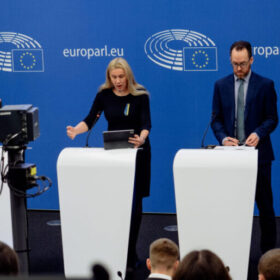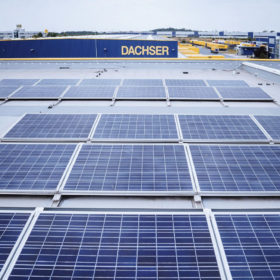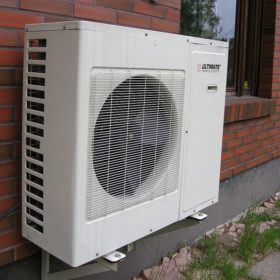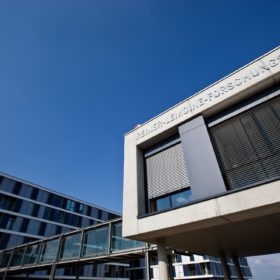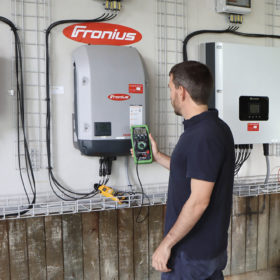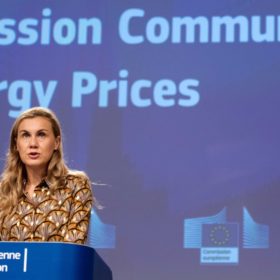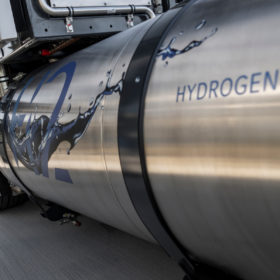Slenergy emerges as new one-stop solar shop for Europe
A new solar company has entered the PV market, pv magazine learned this week at SNEC in Shanghai. The company sells everything from PV modules and inverters to racking and wallboxes.
German highway PV could generate up to 200 TWh a year
Surface limitations facing the expansion of photovoltaics in Germany have led to a bold vision: installing PV arrays along motorways and creating a vast DC smart grid in the process. The plan could even be implemented across Europe.
European Commission proposes electricity market reform
The European Commission’s long-awaited reform of the European Union’s electricity market proposes to keep the merit order mechanism, but going forward the European energy market will be more strongly characterized by long-term PPAs and bilateral contracts for differences.
Europe’s solar industry launches donation program to repower Ukraine
Solar industries bodies including SolarPower Europe, Germany’s BSW and Ukraine’s ASEU have joined forces to send a stream of modules, inverters and batteries to embattled Ukraine. The donations are critical as some hospitals have been without power for weeks, leaving surgeons to operate under headlamps.
Weekend Read: From diesel to DC
For a long while, it looked as if hydrogen fuel cells would be the technology of choice for emissions-free road transport. However, truck manufacturers and freight forwarders recently turned their attention to battery-electric vehicles. This will require special charging technology and PV looks set to play an important role.
Germany’s new rebate program for residential heat pumps has come into effect
A set of amendments to Germany’s law that offer a rebate program for sustainable heating has come into effect on January 1st. The new rules grant rebates of up to 40% to help homeowners to buy and install heat pumps.
German court rules in favor of Q Cells in patent dispute with Trina Solar
A German court has issued a preliminary injunction ordering Trina Solar to stop selling its Honey and Vertex X solar modules in Germany, as they allegedly infringe upon the patented passivation technologies of Hanwha Q Cells.
Weekend read: Elusive longevity
The expected lifetime of PV inverters is significantly shorter than that of modules. In many projects, inverter replacement is included in financial calculations from the start, despite the high costs. Research is being conducted into the causes of faults to develop more durable inverters and components. But plant design can already improve the lifespan of inverters in use today, reports pv magazine Germany’s Marian Willuhn.
How the EU Commission envisages gas price caps and profit absorption on the electricity market
European Union energy ministers will meet in a special session in Brussels on Friday to discuss deep cuts to the gas and electricity markets. A non-public paper obtained by pv magazine shows the Commission’s proposal, which includes a triad of reduced prices, consumption reduction, and solidarity-based distribution of energy within the EU.
Hydrogen to play limited role in building energy supply
How much hydrogen is actually needed? Several German research institutes have examined 40 energy scenarios for hydrogen ramp-up and found that 15 million GWh of hydrogen will be needed worldwide by 2050.



